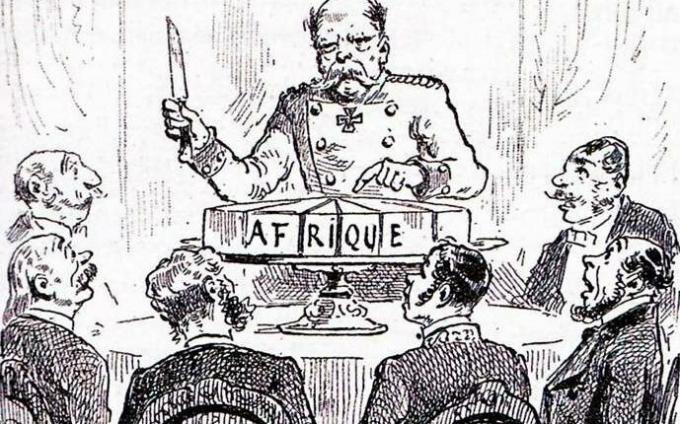
A Berlin conference was a meeting held by the European powers whose objective was to resolve conflicts between them and organize the domination of the African continent.
The meeting took place between November 1884 and February 1885 and was attended by the following countries:
see more
Scientists use technology to unlock secrets in ancient Egyptian art…
Archaeologists discover stunning Bronze Age tombs in…
Aiming to resolve imperial conflicts and divide the African continent, the Berlin Conference brought together the main European powers of the 19th century to discuss the occupation of Africa.
The aim was to recognize the borders already occupied and determine rules for future occupations. The division of African territory should be carried out in the most organized way possible so as not to open up room for future conflicts over these regions.
Thus, the Berlin Conference represented the consolidation of the agreement called
Once established in a certain location, the nation could advance into the interior of the continent. The result of this agreement was the expansion of colonial empires in Africa, such as France, Great Britain and Portugal, in addition to the occupation of new nations on the continent such as Belgium, Germany and Italy.
The division of the territory of Africa did not consider the traditional forms of organization of Africans or their cultural and linguistic particularities.
Often, division brought together historically rival ethnicities on the same soil, as well as separated others with similar cultural identities.

It is important to emphasize that such sharing justifies the conflicts and civil wars that permeate the African continent until today, causing thousands of deaths, destruction and misery.
Resistance movements led by African peoples to European domination did not prevent the imperialist advance.
Learn more at:


